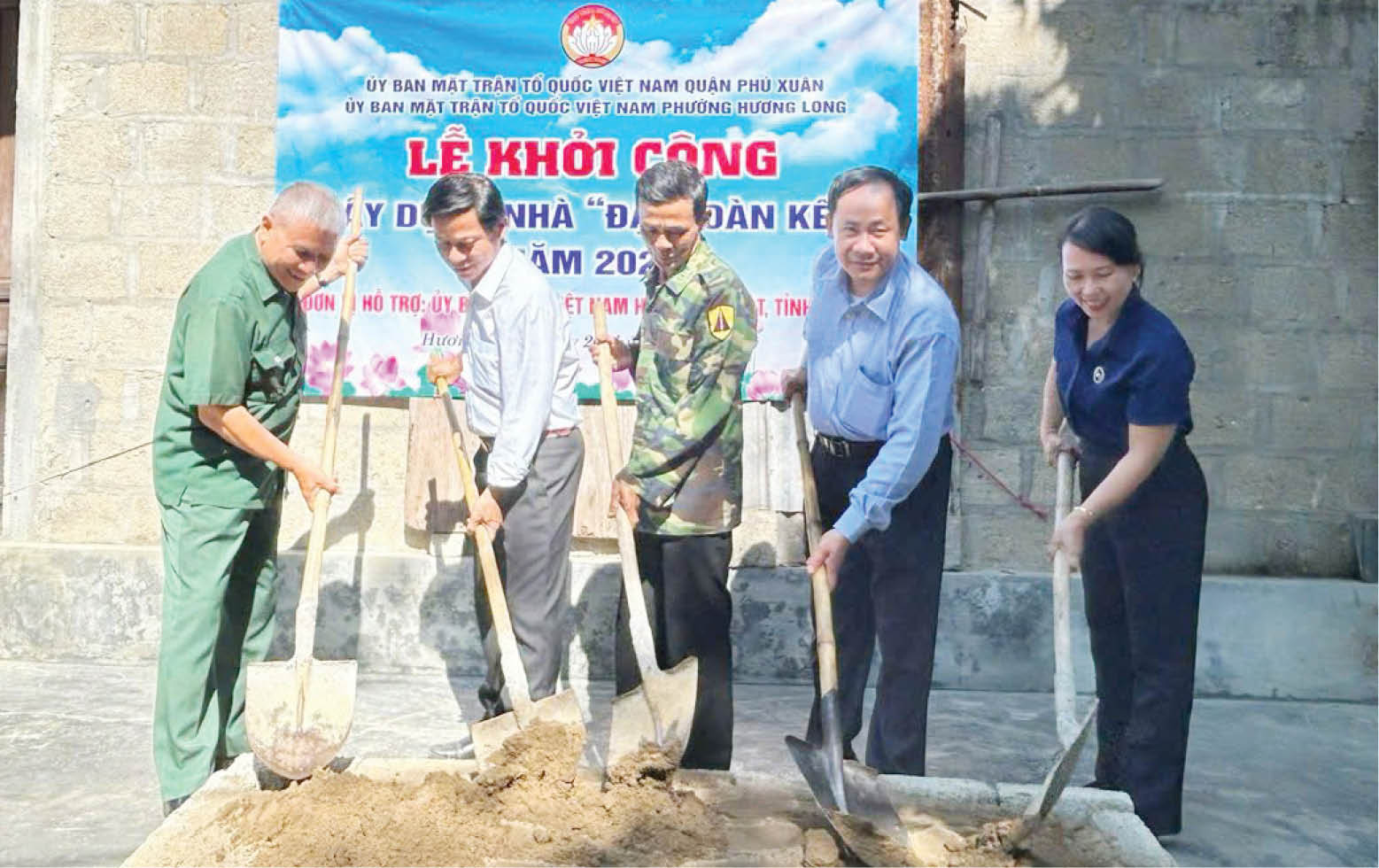 |
| Construction of "Great Unity" house for near-poor households in Huong Long ward started |
Trucks of Hope
One afternoon in late May, under the shade of Nhat Le Street, Mrs. Huynh Thi Kim’s sugarcane juice shop still regularly welcomes customers. A glass of cool sugarcane juice not only cools the body but also contains a small, enduring hope: escaping poverty.
The sugarcane juice cart is a gift from the “Livelihood Support” program of the Fatherland Front and Dong Ba Ward organizations. Ms. Kim’s family is near-poor and receives social protection. According to Ms. Kim, since having the sugarcane juice cart, the family has had more income and less worry about food and clothing.
Not only did the local authorities give her a car, they also provided her with tables and chairs, helping her have a free space, and even encouraged people in the neighborhood and organizations to come and buy it to support her. “We do not simply give her tools to make a living, but we accompany her from surveying, consulting, arranging space to mobilizing people to help,” said Mr. Ho Trong Hung, Chairman of the Vietnam Fatherland Front Committee of Dong Ba Ward.
The “Livelihood Support” program has been systematically implemented by Dong Ba Ward since 2023. A team of cadres from the front, unions and residential groups visited each poor and near-poor household to listen to their thoughts, survey their aspirations and build a suitable model. Each household received support of VND 8 million (poor households) or VND 5 million (near-poor households), not to mention resources from members, philanthropists and local people.
From the grocery store model of Ms. Bui Thi Dong Uyen (Ta Quang Buu Street), the ward has now expanded the model to 7 more households, including 1 grocery store and 3 beverage shops in 2024. "After one year, many households have become economically independent and have risen out of poverty sustainably," Mr. Hung proudly shared.
According to Mr. Hung, the success of the program comes from transparency, listening and mobilizing community resources. More importantly, the program has contributed to arousing the spirit of self-reliance, so that the poor do not rely on others but proactively rise up.
Sustainable poverty reduction
Not only in Dong Ba, the poverty reduction program is being implemented synchronously and drastically throughout the district. According to Mr. Hoang Tan Ninh, Vice Chairman of Phu Xuan District People's Committee, the current poverty reduction work is not only about material support but also must aim at developing sustainable livelihoods and changing the "waiting" mindset of the poor.
By the end of 2024, the district will have 291 poor households and 723 near-poor households. The goal for 2025 is to reduce 45 more poor households, striving to complete the targets assigned by the city.
Wards in the district have established Poverty Reduction Steering Committees, developed specific plans and reviewed the level of basic social service shortages of each poor household. On that basis, local authorities promptly provided capital support, vocational training, job creation, helping the poor overcome the minimum living standard, aiming to fully access essential services. The district has paid special attention to communication to change awareness, arouse the will to rise up and the responsibility to escape poverty from each household.
Mr. Hoang Tan Ninh informed: The district's goal is to reduce multidimensional poverty, limit re-poverty and new poverty; at the same time, support people to access health,education , housing, toilets, information and insurance services. The district sets a target of 100% of poor and near-poor households in need to be supported with preferential loans, vocational training, job referrals and access to the labor market, including labor export under contracts.
Along with the State’s support policies, Phu Xuan district has promoted the mobilization of resources from organizations, businesses and people. Poverty reduction models in the direction of adapting to climate change are also encouraged to develop, aiming to create sustainable livelihoods for the poor, near-poor and newly escaped-poverty households.
A clear target is also set: 100% of workers from poor and near-poor households in need will receive vocational training, consultation, and connection to the labor market. The rate of trained workers must reach 77%; the number of exported workers must reach 170-180 people, of which 1-3% are from poor households.
Source: https://huengaynay.vn/chinh-tri-xa-hoi/an-sinh-xa-hoi/dong-hanh-voi-nguoi-ngheo-154135.html










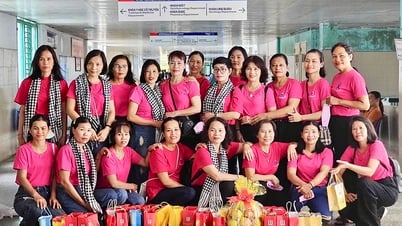
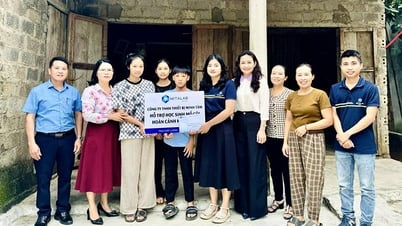
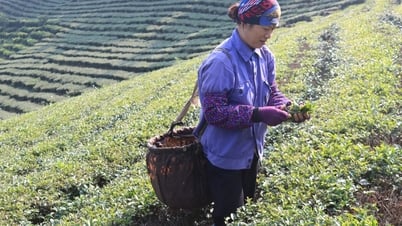



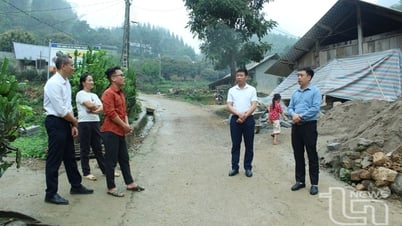





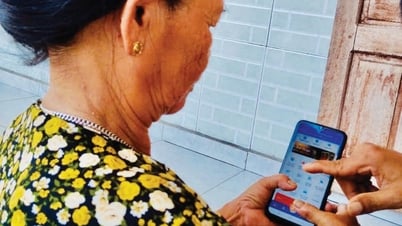
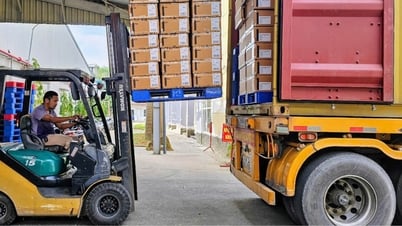

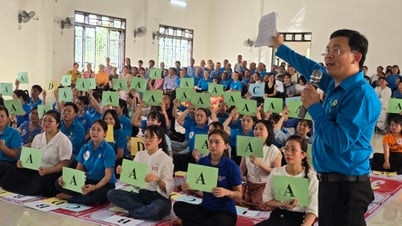



















































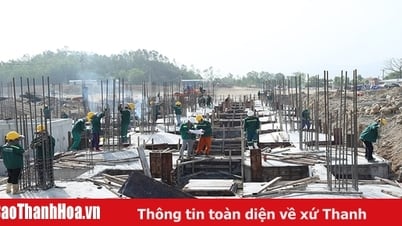













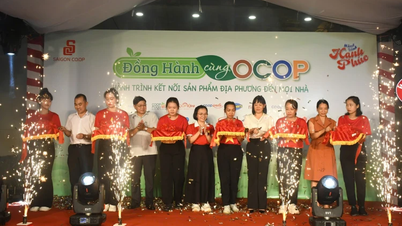



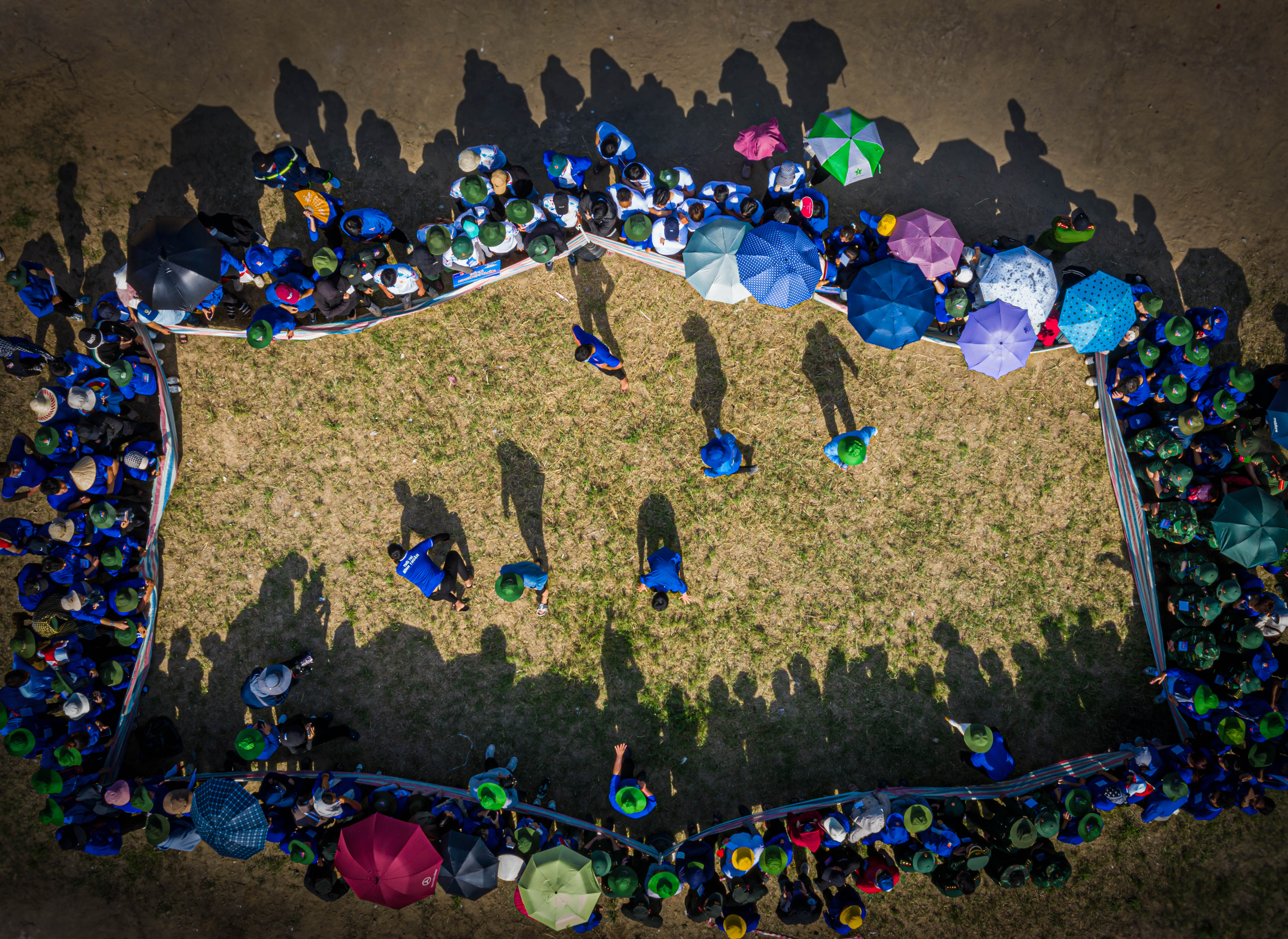



Comment (0)